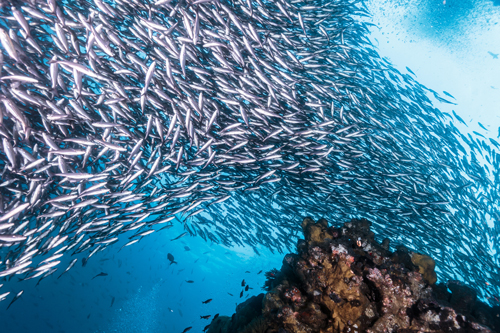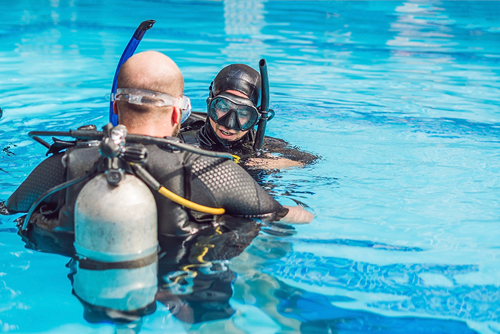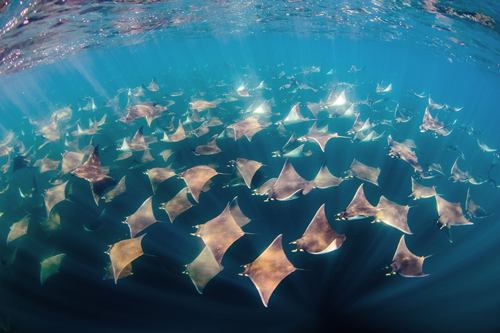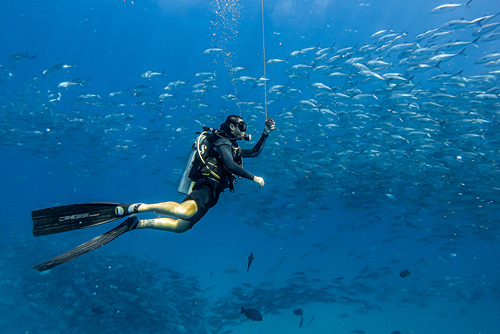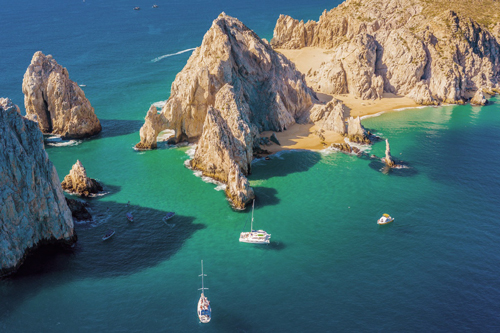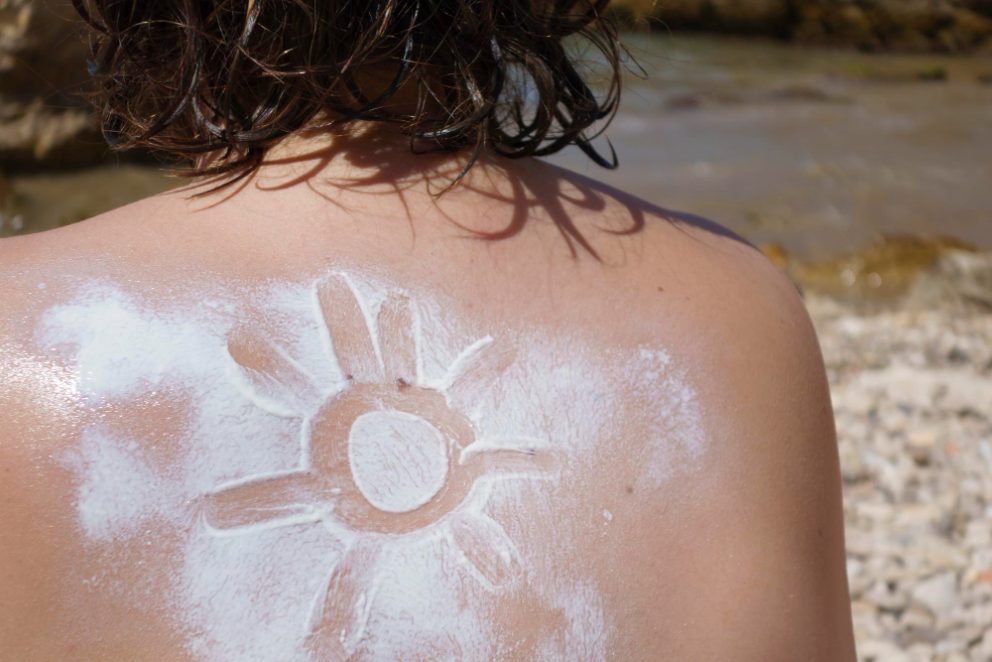If you’re a warm water enthusiast maybe you have at some point made the common mistake of putting on sunscreen just before donning mask and snorkel and throwing yourself excitedly into the blue. Seconds later you experience a furious eye burn that only sunscreen can give. Ouch! If you happen to be descending on a scuba dive with no real alternative than to blink through the pain then this really is quite annoying.
Now: imagine you’re a delicate coral!
An estimated 6000 tons of sunscreen enter our oceans each year (Downs 2016)
A large amount of that will be found inside marine parks where said sunscreen will damage delicate corals: corals that are then genetically affected by chemical attacks leading to serious infection. A usual practice of many is to lather a generous layer to one’s skin immediately before entering the water. Of course most of this washes off straight into the ocean. Cue burnt shoulders and chemically burnt coral.

What Makes Sunscreen Unsafe?
In July 2018, Hawaii became the first state to ban the sale of sunscreens with the chemicals ‘Oxybenzone and Octinoxate’. In the rest of the world sunscreen products without these chemicals are labelled ‘reef safe’. So, positive steps are no doubt being taken.
Unfortunately other chemicals found in Reef Safe sunscreen have been thought to cause at least some damage. Although the government require labels to be ‘truthful and not misleading’ the term ‘reef safe’ is still in its infancy and it remains very ambiguous as to what ingredients are actually deemed safe for corals.
For instance: Octocrylene, Homosalate and Octisalate are also now thought of as damaging (Downs 2016) when observing the negative effects of brain and liver development in Zebra fish. But so far these harsh sounding chemicals remain in our ocean potions. It’s going to take time to accumulate the results of extensive testing so that the necessary government bodies can develop their policies in restricting them.
What chemicals are bad for coral reefs
- Oxybenzone
- Octinoxate
- Octocrylene
- Homosalate
- Octisalate
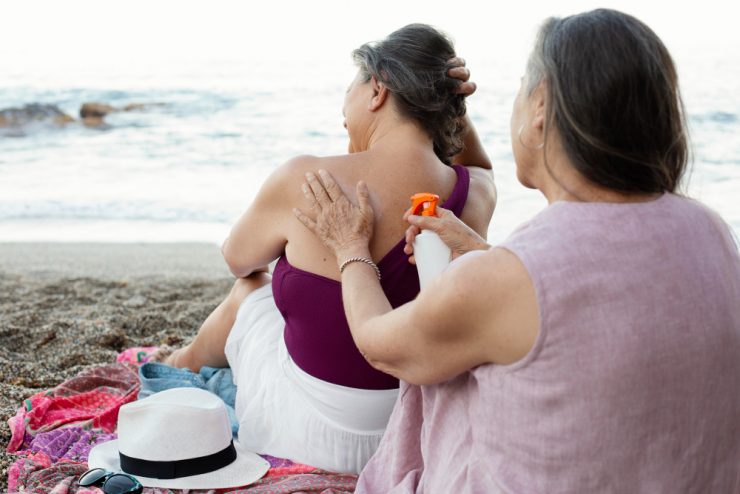
So what can we do to protect our marine ecosystem?
Whenever you go on a snorkel trip, a scuba trip or visit a marine park you can make the following changes:
Reduce skin exposure to the sun
Hands down the best thing to do would be to reduce skin exposure to the sun and the need for sunscreen.
wear protective clothing
Wear a rash guard for snorkeling or a long exposure suit if scuba diving. Easy!
Use reef safe sunscreen
You should think about purchasing a mineral reef safe sunscreen with ‘non-nanotized’ zinc oxide. These are a mixture of oils and natural ingredients that also are kind to the skin.
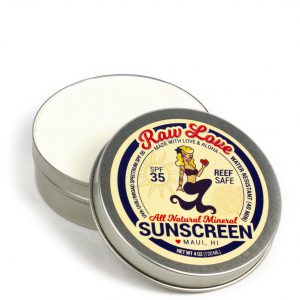
Save the World!
We live in a time where the population has never been so large and Planet Earth is nearing a point of no return. We plunder our natural resources to fuel our frivolous existence and consume astronomical amounts of garbage that eventually finds its way into our tired seas.
Sunscreen has added to the extinction of coral reefs worldwide. Coral continues to decline at an alarming rate: a rate that should be making headlines every day. We only have 30% left and they produce much of the world’s oxygen. We wait for the government to prioritise the importance of marine conservation over the needs of big business.
But in the meantime we are free to choose what we buy and what we consume: the power lies with us.
Make sure you look out for mineral sunscreen (ideally in a non-plastic container!). It might not save the world tomorrow but it’s a step in the right direction.
Keep reading :
7 easy steps to become an eco-friendly diver
50 Pro Tips for Female Scuba Diver Enthusiasts !


